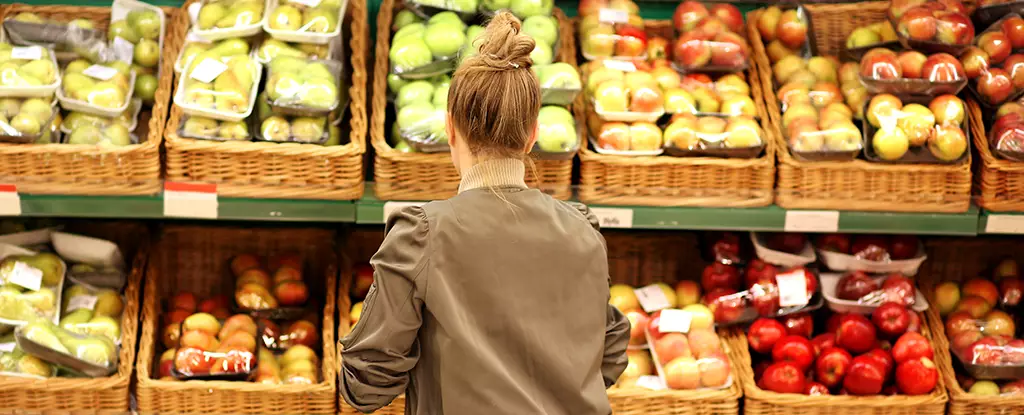Fresh produce is a valuable source of nutrients for our bodies, but it often perishes quickly if not consumed promptly. Farmers make sure to harvest produce at optimal conditions. However, factors such as climatic conditions, soil type, and water availability can affect the freshness and quality of the produce even before it reaches the consumer.
Post-Harvest Handling and Storage
Post-harvest factors play a crucial role in maintaining the freshness of produce. Washing, transportation, processing, packaging, and storage are all part of the process. Consumers do not have control over these factors, but they can take steps to ensure the produce stays fresh at home. Moisture loss through damaged skin can accelerate decay and nutrient loss, making it important to inspect the produce before storing it.
Contrary to popular belief, washing produce before storing it is not always necessary, as commercially washed produce is already clean. Washing produce just before use is essential to remove dirt and pathogenic bugs. It is advised to use plain tap water for washing, as vinegar and baking soda have no significant effect on reducing microbial loads on fresh produce.
Storage Tips for Different Types of Produce
The key to keeping produce fresh for longer lies in the correct packaging and storage location. Bananas, onions, garlic, potatoes, sweet potatoes, and whole pumpkins are best stored in a dark pantry or cupboard. Fruits such as apples, pears, avocados, and bananas should not be stored together, as they release ethylene gas that can cause nearby fruits to ripen faster.
Utilizing the Fridge for Storage
Leafy greens, carrots, cucumbers, cauliflower, and broccoli fare better in the low-humidity drawer of the fridge. Fruits like apples and citrus fruits can also be stored in the fridge to prolong freshness. However, watermelon should not be refrigerated for extended periods, as it can lose its flavor and color. Herbs and some leafy vegetables can be kept with stems in water to maintain their crispness.
Minimizing Food Waste
To reduce food waste, it is recommended to buy only small amounts of produce and to avoid purchasing bruised or damaged items. Bulk produce can be processed into items that can be stored for longer periods. Freezing, blanching, fermentation, canning, and vacuum sealing are effective methods for extending the shelf life of vegetables.
Arranging the fridge in a way that allows easy visibility of produce helps in using it before it loses freshness. Experimenting with storage hacks found on social media can also help in keeping produce fresh for longer. Growing herbs or microgreens at home can be a convenient way to have fresh produce without the worry of spoilage.
Understanding how to properly handle and store fresh produce can significantly reduce food waste and ensure that nutritious fruits and vegetables remain fresh for longer periods. By implementing the tips mentioned above, consumers can enjoy the benefits of fresh produce while minimizing waste.


Leave a Reply